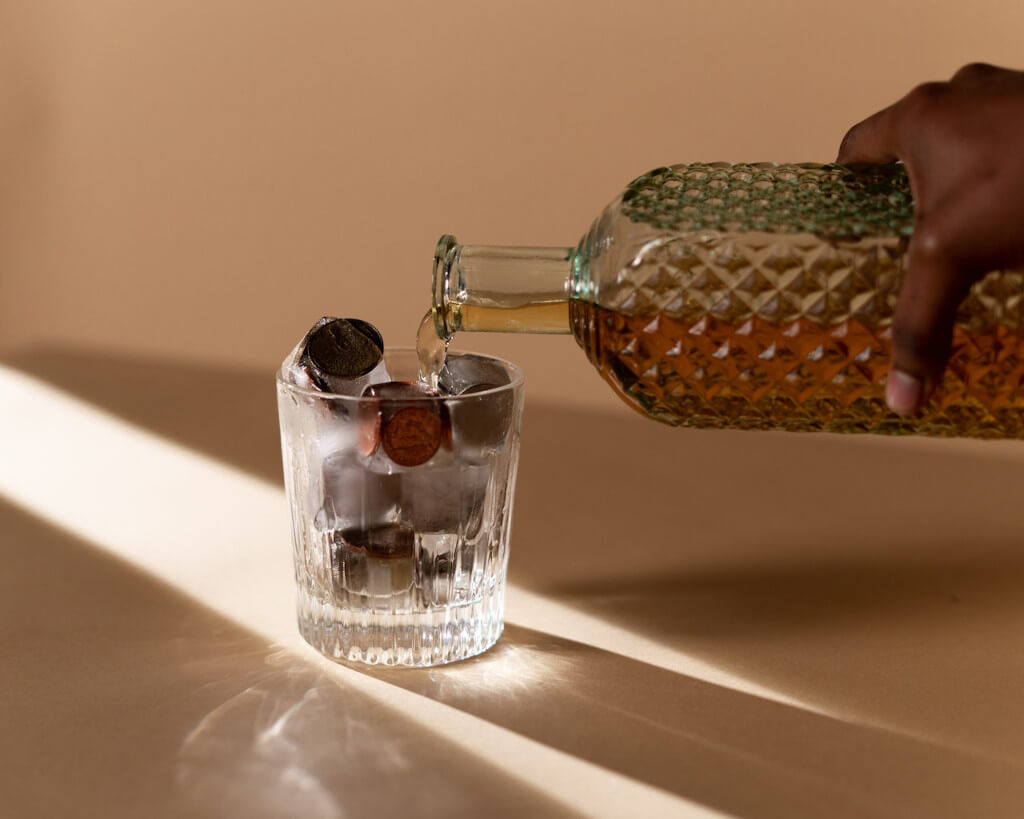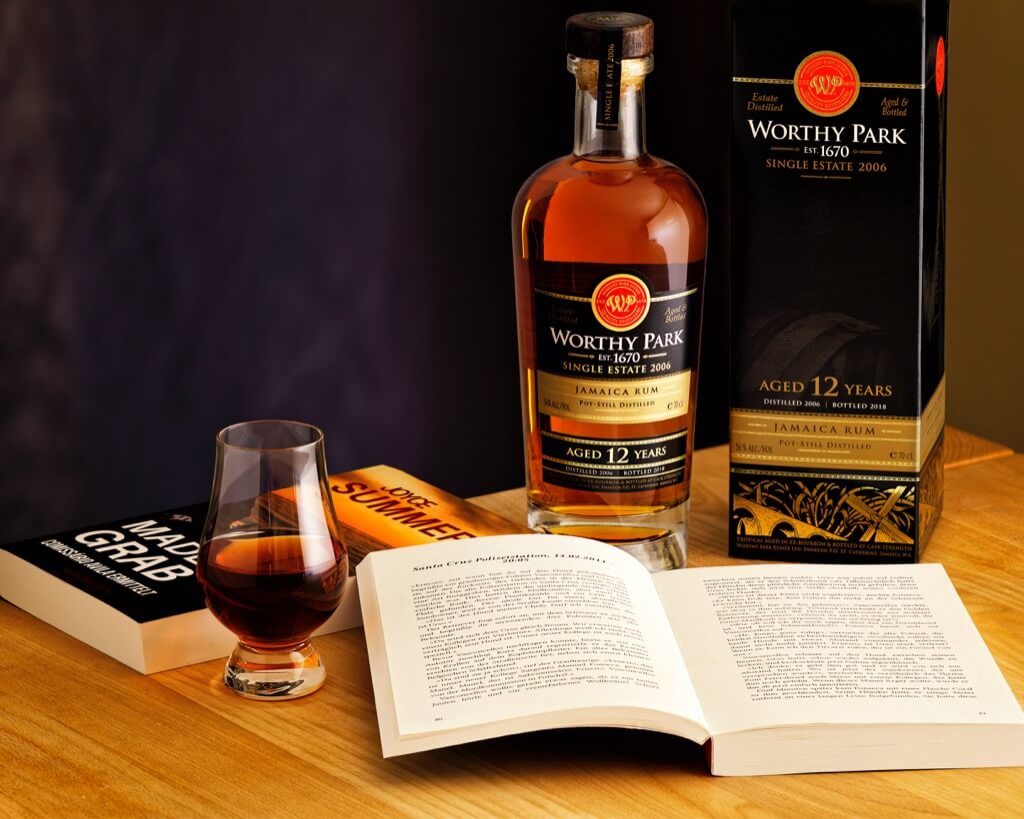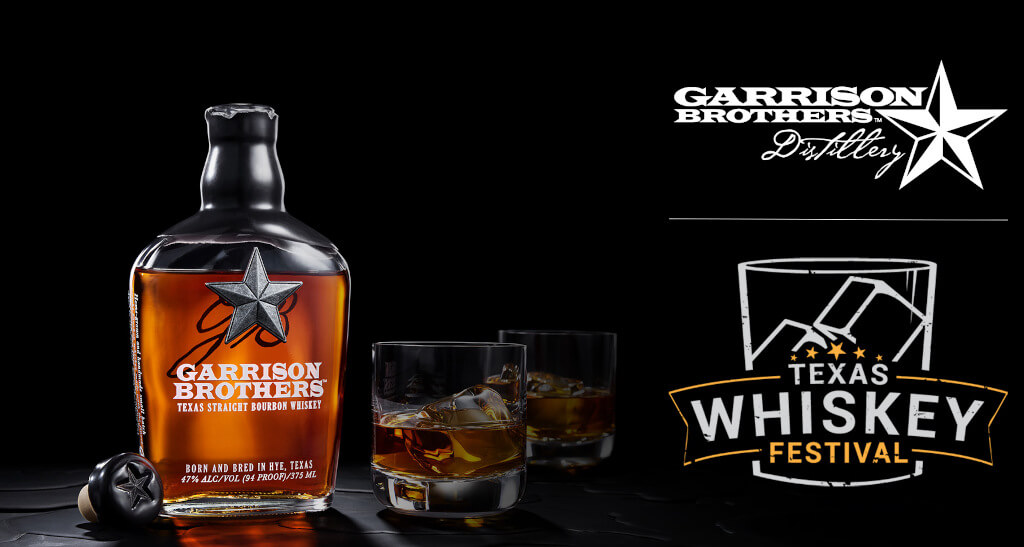Whiskey connoisseurs may disagree on whether or not it is better neat or in a cocktail. But have you ever thought about putting money into these amber spirits? Whiskeys, like gold, wine, and real estate, is a fantastic alternative investment assets. During times of economic instability, inflation, and recession, whiskey’s value might hold steady or even rise. Furthermore, there has been a surge in interest in investing in whiskey over the past few years, and this could be the right time to get in.
Even amid the pandemic, the demand for and price of whiskey has continued to rise. The market was worth more than $60 billion in 2020, and it was expected to increase at an annual pace of 5.9% from 2021 to 2027. Additionally, unique whiskey bottles can fetch upwards of $200,000 at auction.
Is Whiskey a Financial Asset?
Yes, whiskey can be an investment; I don’t know what would if that doesn’t seem too basic. In this regard, it’s important to remember that practically everything might serve as an investment. Also considered investments are pieces of mid-century furniture, rare books, and vinyl records from the remote corners of the music industry.
We’ve seen multiple instances where investing in whiskey yielded substantial financial returns, but it’s tough to say with certainty that any given bottle or cask will follow the same path as others of its kind that have already sold. If you want to increase your profits from casks and bottles, you need to think about the following factors:
Whiskies With the Potential for Price Appreciation
It’s common knowledge that an older whiskey cask will fetch a higher price, but you may be shocked to hear that this isn’t always the case. Although a cask’s age is a major element, rarity, and brand reputation are much more important.
These three factors frequently interact with one another. A premium brand, for instance, typically only makes barrels to be used in their products down the line. In comparison to a large-scale distillery making unbranded casks, they will likely create fewer casks overall, and even fewer of these premium barrels will be made accessible to investors.
After 25 years, the value of both branded and unbranded casks is likely to have increased, but the latter have a lower chance of appreciating as much as the former does. A branded barrel may fetch a greater price at auction because it comes from a well-known distillery and there aren’t many other similar casks available.
The fact that a branded cask can be bought back by the distillery that filled it is a further perk. Mature barrels are anticipated to be especially appealing to distillers trying to create their reserves of aged stocks, as demand for Irish whiskey is expected to surpass output if both continue at current rates. There’s a chance that whiskey producers will repurchase aged bourbon for a premium. If you’d prefer to invest in rare bottles of whiskey than in casks, there are several more factors to think about:
Does This Whiskey Have Any Accolades to Its Name?
The value of a bottle of whiskey typically rises dramatically once it has been praised by professionals in the field. Of course, if you buy a bottle when it has had an opportunity to acquire any praise, it might be hard to anticipate whether or not its value will improve solely because of this. On the other hand, if you wait to buy a bottle until it has already won multiple accolades and is no longer produced by the distiller, you may pay more upfront without seeing nearly as much appreciation in value over time.
Was the Whiskey Released in Honour of a Certain Date or Occasion?
High-end distillers regularly create limited-edition bottlings that are works of art to celebrate significant events like the crowning of a monarch or the bottling of a historic cask of whiskey. They may team up with seasoned artisans or famous artists to design one-of-a-kind packaging or implement other cutting-edge features. These high-end whiskey bottles are already considered collectibles, but their ties to historical events and influential artists give them even more potential for appreciation.
Is It a Well-known Brand of Whiskey?
Everyone seems to know at least one “spirits geek” whose weekend plans always seem to involve a journey to the nearest small-town bottle shops in search of long-since-forgotten bottles of spirits that are now strictly allocated. However, buying bottles with the hope that they will become “whales” isn’t the ideal investing plan. Consider whether or not the bottle was made by a prestigious company before buying it. Fans of these labels will undoubtedly already exist, and they could be contemplating buying your bottle to round out their collections or complete a set.
Is It More Prudent to Put Money Into Whiskey or Gold?
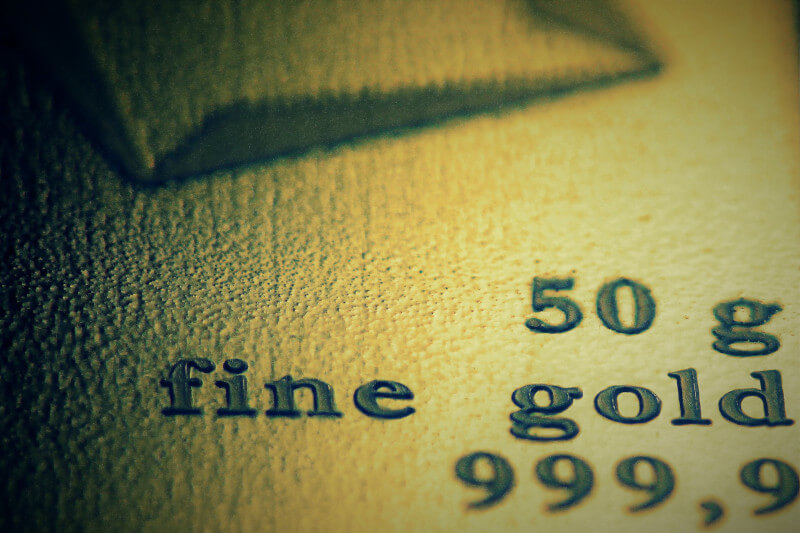
Much has been made of late of rare bottle sales and investing in ‘liquid gold,’ but whether whiskey might represent an alternate investment than gold is debatable. Gold’s price has been volatile and has seen increases in the past few years after being quite stable for a long time. As a result, potential investors may feel less confident about making a move into the gold market.
However, investing in whiskey casks could be a worthwhile alternative to purchasing gold bullion for some. While both gold bullion and cask whiskey are asset-backed investments in mature markets with a history of steady returns, there are significant distinctions between the two.
Gold bullion might be obtained from banks, but brokerage houses are more likely to sell cask whiskey. There aren’t many others that share our dedication to regulation in the developing alternative investment sector which is cask whiskey. In addition, investors in gold bullion are responsible for their storage and insurance, but at Whiskey & Wealth Club, we handle all of that for you, along with any applicable regulatory costs. In the end, only you can decide if whiskey or gold would make a superior investment. No matter what kind of investments pique your attention, you should always check the company’s credibility before putting any money into it.
Here are 5 Things to Think About Before Buying Whiskey
Some things to think about before beginning your whiskey investment adventure are as follows:
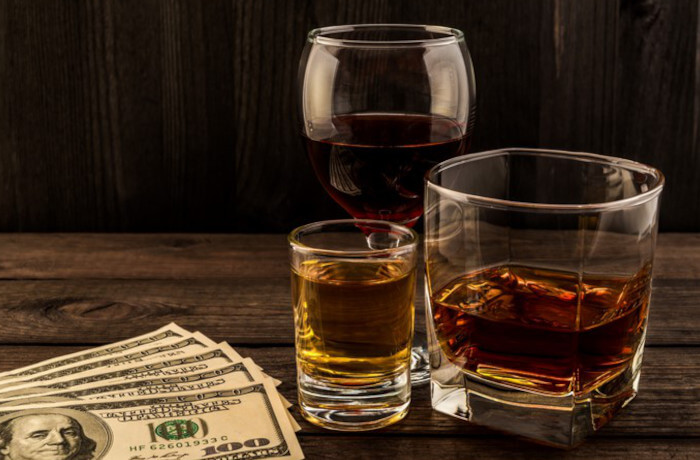
Establish a Financial Plan
Establish an initial investment budget. Purchasing bottles is a good way to get started with a little initial investment. Casks, on the other hand, require an upfront investment of roughly $20,000.
Realize You’re Making a Long-Term Commitment
Whiskey investment may not be the best choice if you’re looking for quick gains. The average annual return on a whiskey investment is 10%, however, your returns will vary depending on the type of whiskey you invest in and its track record. After that, you may see if the expected returns fit in with your overall investing strategy.
Know the Big Name Brands
When purchasing bottles for investment purposes, watch for popular labels with a proven track record in the whiskey investment market. Case in point:
- Macallan is regarded as one of the most valuable whiskey labels on the market. Try to find wines at least 18 years of age, as outcomes at auctions tend to be better for them.
- Japanese whiskey, including Yamazaki and Karuizawa, has seen returns of over 40% in the past year. Yamazaki and Karuizawa are two of the most prestigious brands of Japanese whiskey, and as such, they tend to be more expensive.
Educate Yourself
Ensure you know the fundamentals of whiskey before you start investing money into it. To get the most out of a whiskey tasting, it helps to have some familiarity with the distinguishing features of high-quality whiskies, such as their appearance, aroma, and taste. Whiskies with greater alcohol by volume (ABV) tend to age better and become more valuable as a result.
Find a Reliable Vendor
If you’re a whiskey aficionado looking to make your first investment, it’s important to buy from a store you can trust. Authenticity is guaranteed by reputable vendors, and they also offer sound advice. A good retailer will let you try a barrel before you buy it. They should also have the proper permits and ownership documentation to sell barrels.


